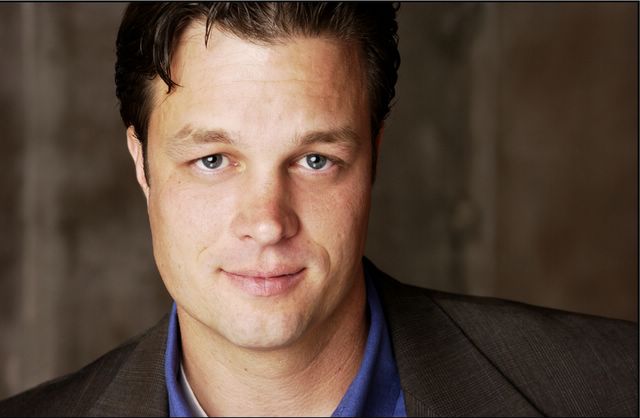Quentin Tarantino
I was preparing to move to L.A. when I first saw Reservoir Dogs. I was venturing west to try my hand at acting and writing. QT was not the reason I wanted to be involved with movies. That spot on the influence list was reserved for Buster Keaton, Al Pacino, Stanley Kubrick, and Martin Scorsese among others. Still I, like a number of young members of Generation X, was blown away by the film. It moved and appealed to me in ways that I didn't see coming. It was as if all the movies I had seen were an appetizer to this cinematic feast. The movie galvanized my belief that acting and writing was what I was meant to do.
You see, I'm old enough to remember what movies were like before Tarantino. It's somewhat difficult to remember that action, horror, heist, or suspense movies were so different from today. They were, on the whole, mind-numbingly formulaic, predictable, and simple with generic unrealistic dialogue. The characters were two-dimensional, and the humor consisted of a punnishly stupid one-liner before or after someone was killed. Even the entertaining and successful ones like Die Hard, Rambo, and Terminator followed this easy and simple blueprint.
Then, with that first electric film about the men with the color-coded names and the the equally as dynamic Pulp Fiction, Tarantino chnaged it all. In what has become known as the "Reservoir Dogs watershed" the formula for those types of movies was thrown on it's head, beaten up, and replaced with a fresher, more genuine cinema style that jumped out of a noir setting in broad daylight. The story was so non-linear it was everywhere, the dialogue was as real and raw as could be imagined, the bad guys became the protagonist the audience identified with, and the entire package was laid out in all its gritty unHollywood glory with a 70's dance tune as the backdrop.
It was so different and exciting that it was quickly aped and plagiarized to the point that it created its own genre -- a "Tarantino script." Pretty soon, everyone was trying to make a Tarantino movie, so much so that there was an inevitable backlash. All of the Tarantino rip-offs (you know you saw them -- Killing Zoe, Two Days in the Valley, and even QT's Destiny Turns on the Radio) had the effect of a hit song being overplayed on the radio to the point that you don't even remember why you like the song in the first place.
The thing is, without Tarantino, the cinema that we know today would not have existed. There would be no Memento, Sin City, or The Usual Suspects. He laid the foundation for Robert Rodriguez, Alexander Payne, and a host of other talented directors that didn't want t0 play by mainstream rules. He revived the careers of talented actors that had fallen out of favor. Maybe most importantly he took independent movies out of the art houses and into mainstream. Before Tarantino, Miramax handled foreign films and small, arty films. Today Miramax is considered a beast -- a major player in the movie world.
Because Tarantino's movies became so much more than movies, some peolpe have forgotten what made them so special. Watch his movies again, especially the first two and it is crystal why they had the impact. The scripts are brilliant. The way his characters talk is blazingly real and precise, and the stories are just enough off the center of normal that they become addictive. It's apparent that Tarantino lives, breathes, and eats movies. His scene homages are legendary, crafted to a point close enough for some to call it stealing. But his movies are his own, his voice, and his vision. His enthusiasm and confidence are, to me, what is so infectious about his movies. He makes the movies he wants because he loves them and has fun with them. In doing so he made going to the movies better for all of us.



0 Comments:
Post a Comment
<< Home